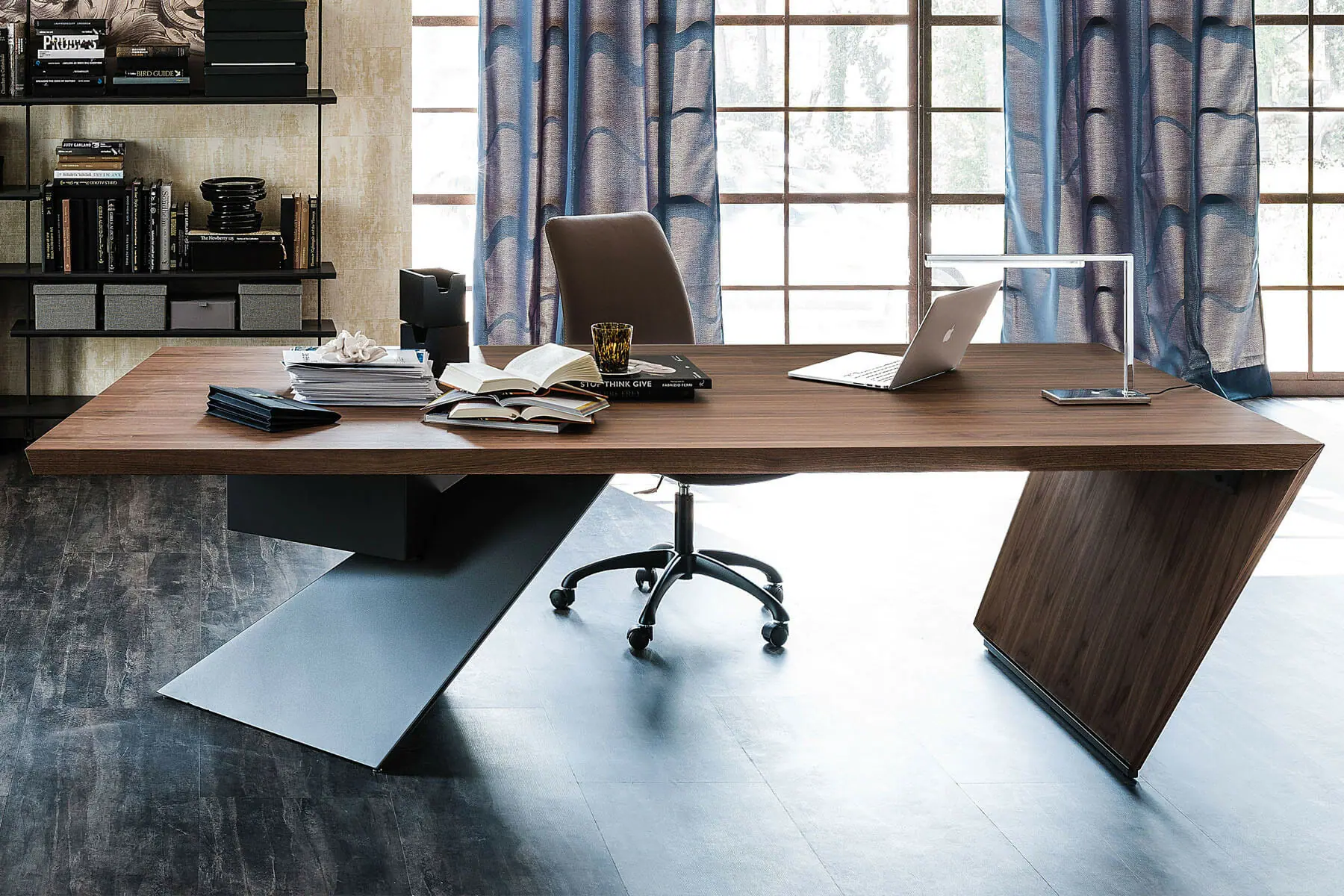Offices Desks: Creating Productive Spaces for Efficient Work
In today’s fast-paced and dynamic work environments, having a dedicated space that promotes focus, organisation, and efficiency is essential. Workstations serve as the foundation of productive workspaces, providing individuals with a designated area to carry out their tasks and achieve optimal productivity. This article delves into the world of Offices Desks, exploring their purpose, benefits, and the key elements that contribute to creating an effective and efficient work environment.
The Purpose of Workstations: Designing Spaces for Productivity
Workstations are specifically designed spaces within an office or workspace that provide individuals with a designated area to carry out their work tasks. These spaces are tailored to meet the specific needs of the individual, considering factors such as work requirements, ergonomics, and workflow efficiency. Workstations serve as personal work hubs, offering a sense of ownership and focus while promoting productivity and concentration.
Promoting Organisation and Efficiency: Optimal Workflow
An efficient workstation goes beyond ergonomic considerations and also focuses on organisation and workflow. Here are some tips to promote organisation and productivity:
- Storage Solutions: Incorporate storage options such as drawers, shelves, or filing cabinets to keep work materials and supplies organised and easily accessible.
- Cable Management: Use cable management solutions to keep cables and cords neatly organised and out of the way, reducing clutter and potential hazards.
- Personalisation: Personalise the workstation with items that inspire creativity and motivation, such as photos, artwork, or plants. However, ensure that personalisation does not cause distractions or clutter that may hinder productivity.
- Task Zones: Create designated zones within the workstation for different tasks, such as a writing area, computer area, and reference materials area. This helps maintain focus and streamline workflow.
Collaborative Workstations: Fostering Teamwork and Communication
Workstations are not limited to individual use. Collaborative workstations can be designed to encourage teamwork, collaboration, and communication among team members. These workstations may include shared work surfaces, whiteboards, or collaborative tools that facilitate brainstorming and idea sharing.
Adjusting to Hybrid and Flexible Workstyles: Adaptable Workstations
As hybrid and flexible work arrangements become more prevalent, adaptable Offices Desks are gaining importance. These workstations are designed to accommodate different work styles and preferences, allowing individuals to switch between focused work, collaborative work, and remote work seamlessly. Adaptable workstations may feature mobile furniture, height-adjustable desks, or modular components that can be reconfigured to suit changing needs.
The Impact of a Well-Designed Workstation: Productivity and Well-being
A well-designed workstation has a significant impact on both productivity and well-being. By providing individuals with an optimised space that considers their physical comfort, organisation, and workflow efficiency, workstations contribute to:
- Increased Productivity: A comfortable and well-organised workstation reduces distractions, promotes focus, and enhances productivity. It enables individuals to work efficiently and complete tasks effectively.
- Enhanced Physical Health: Ergonomically designed workstations minimise the risk of musculoskeletal issues, such as back pain or repetitive strain injuries. Proper posture and ergonomic equipment contribute to long-term physical well-being.
- Improved Mental Well-being: An organised and aesthetically pleasing workstation creates a positive and inspiring work environment. It can contribute to reduced stress levels, increased job satisfaction, and improved mental well-being.
Conclusion: Unlocking Productivity and Efficiency Through Workstations
Offices Desks play a vital role in creating productive work environments. From promoting ergonomic design and organisation to facilitating collaboration and adaptability, workstations have a direct impact on productivity, efficiency, and well-being. By recognising the importance of designing effective workstations tailored to individual needs, organisations and individuals can unlock their full potential, resulting in a more focused, efficient, and satisfying work experience. So, whether it’s a traditional office setting or a flexible remote workspace, a well-designed workstation is the cornerstone of productivity and success.
Author Name: Junaid Akbar






